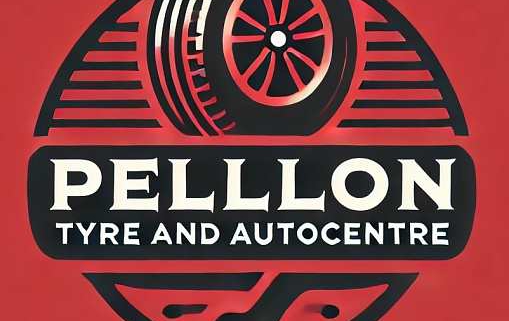Cars To My Employees
Table of Contents
Cars To My Employees

Cars To My Employees
Cars for My Employees—Not for Me!
Plucked straight out of the ’80s and perhaps at odds with today’s modern city/commuter lifestyle, company cars still have something to offer as an effective employee perk across a number of industries.
Despite this continued popularity, many companies are caught between two minds regarding whether or not they should offer cars to their staff.
The benefits and pitfalls are numerous, with poor handling of the situation potentially costing business owners significant amounts of cash every year. In this article, we’ll outline the pros and cons of offering a company car to your employees and what key challenges to look out for as part of your plan to do so.
Pros-Cars To My Employees
First, let’s look at the benefits of handing out keys to company cars. Cuts out transport issues Whether it’s significant commuting time or a lack of company vehicles making it difficult to reach important meetings in time and in style, transport creates a number of issues for businesses of all shapes and sizes.
Fledgling start-up or established enterprise, it doesn’t matter. You need to make sure your team is getting around comfortably, efficiently and in a state of mind that encourages them to give their all. While we’re all very familiar with video chats now, actually meeting associates, clients and potential partners in person is invaluable.
With so many businesses operating on a strict time and financial budget, they can’t afford to blow it all sitting on a crowded, overpriced train. A company car ensures that all-important members of your team have an effective and efficient way of getting to crucial meetings — and impressing as they do so.
An accepted part of a benefits package-Cars To My Employees
Benefits are a huge part of what attracts the very best candidates to specific positions these days. While everyone wants a great salary and the office culture to match, many younger professionals are interested in what companies can offer on top of the typical working experience, such as gym memberships, mental health support and the opportunity to experience training courses.
Company cars remain a popular example of this, and something many professionals may accept in place of a pay raise. While the initial costs of a company car may set you back further than a slight pay bump, over time that cost will even out, and you’ll be saving on wages by the end of the year.
Likewise, such an offering can help you balance the books by satisfying key members of the team. It makes them feel important to the business, encourages a greater level of professionalism and makes them less likely to enquire about other potential perks.
Money-saving options-Cars To My Employees
A company car isn’t just a money sink — they actually provide a number of ways to save on travel. Public transport and overnight accommodation can be extremely costly for a business, especially when you’re sending more than one member of staff. However, if they have a company car they can travel more freely and get home without relying on train timetables.
This cuts out a significant amount of overhead you’ll never get back. Smart driving also makes a car less of a financial burden. By coupling a company car with fuel cards, advanced route planning apps and training in how to drive more economically, you can turn your company car into something that costs a fraction of what it does for other businesses. Fuel cards will give you unique discounts on fuel, apps will make sure you pick the most economic route and a more efficient driving brain will ensure you don’t burn through that petrol in an instant.
Cons- Cars To My Employees
Now, let’s delve into the issues that may arise when offering company cars.
Extra taxes
If you’re operating in the UK, paying tax on a company car rests on the employee who drives it. This may be off-putting to some employees. Especially those who had previously had no need for a vehicle and couldn’t afford the additional cost.
However, this cost can be mitigated depending on the make of the car and the type of fuel it uses. If you offer a ‘greener’ model as your company car,. Then this may entice a certain type of employee, regardless of the tax costs.
Cars require significant maintenance
A company car is for life, not just a motivational tactic. If you’re committing to handing out company cars,. So, you need to be ready to swallow the maintenance costs. Especially new tyres and servicing costs.
While responsibility of the vehicle and making sure it is in working and legal order may fall on the driver,. hence, criticism can quickly come back to you.
Many companies prefer to keep documentation themselves. Of course, and manage the car in-house. Rather than giving full responsibility to an employee. This can cause conflict and downplay some of the trust and reward a company car offers.
Likewise, you need to consider the fact that many of your staff. Subsequently, won’t have the capabilities to store or drive a company car. A significant number of workers in major cities these days cannot drive or live in accommodation without parking spots. This would either render the benefit. Of course, useless or put it in a situation where it could get damaged.
A company car isn’t for everyone. There are many workers it won’t appeal to and keeping track of how it’s being used can add another layer of stress to your busy schedule. However, they remain a great gift for your top members of staff that can actually be quite economically effective in the long run.

